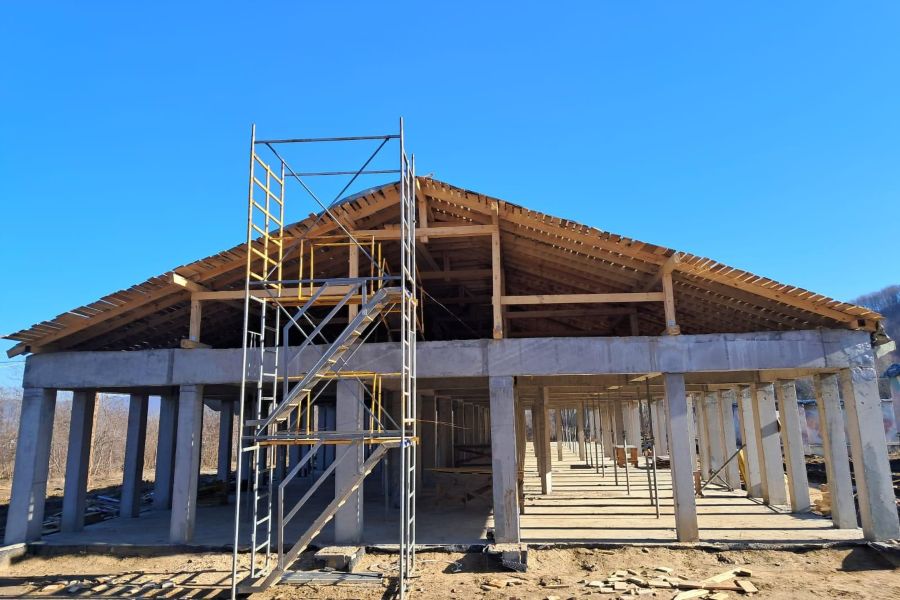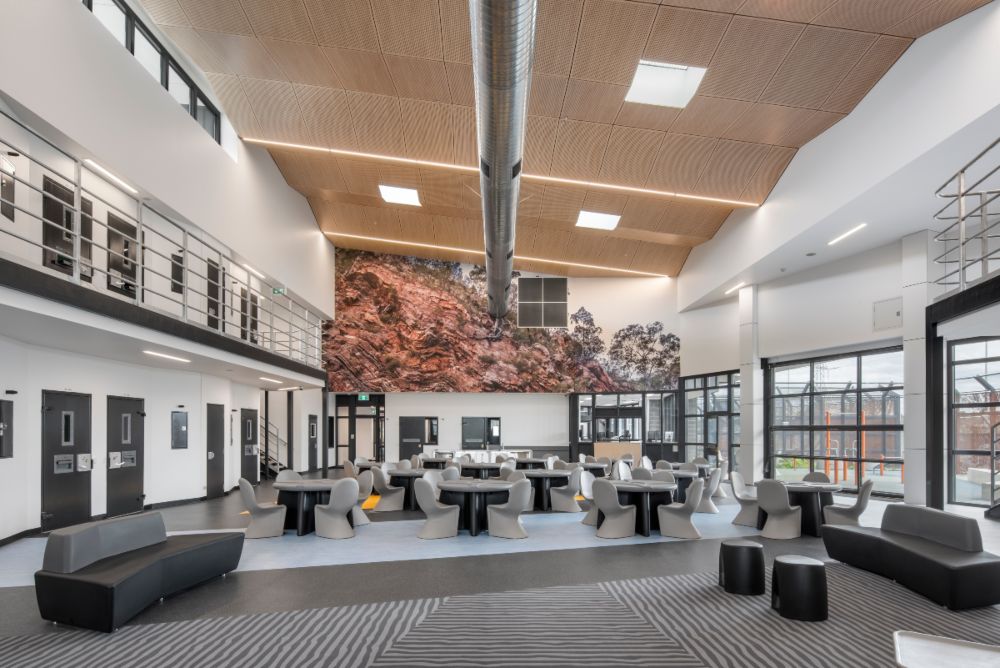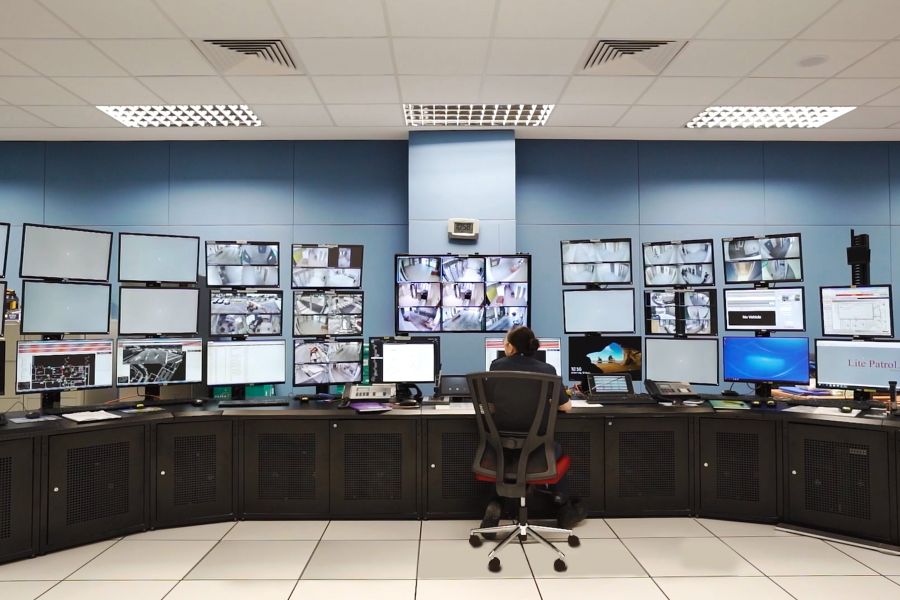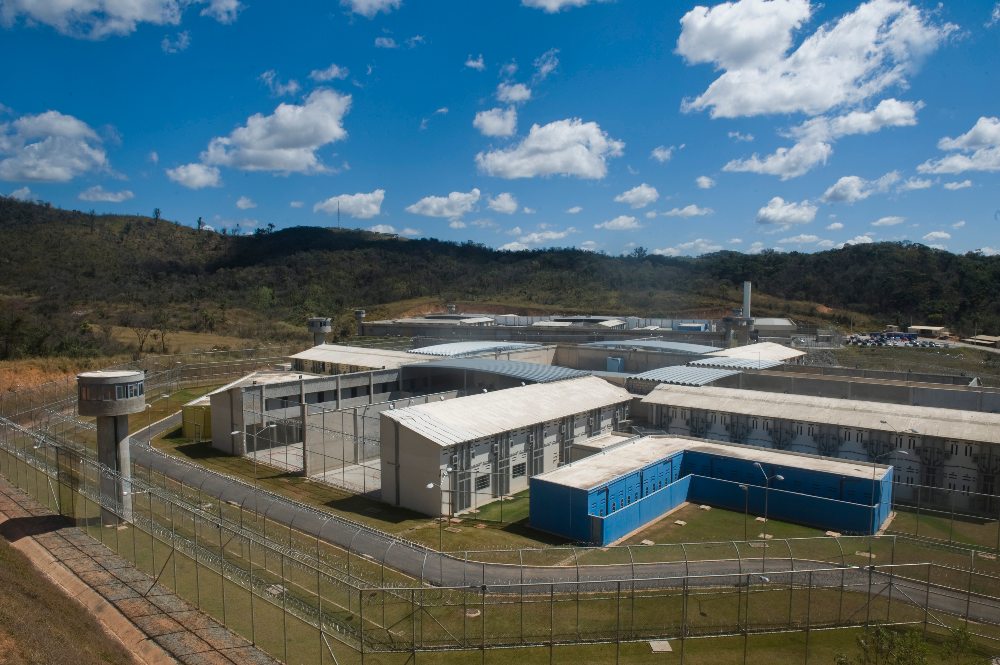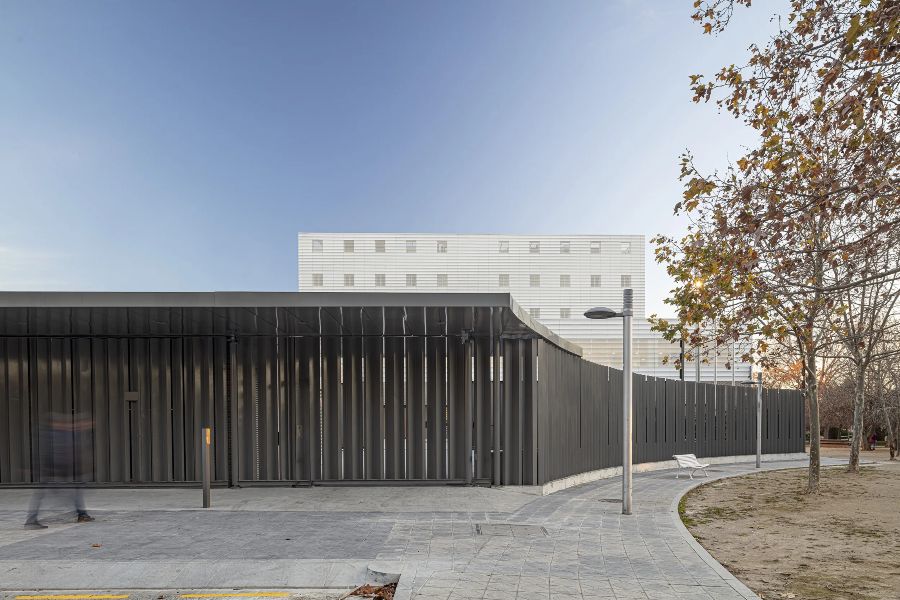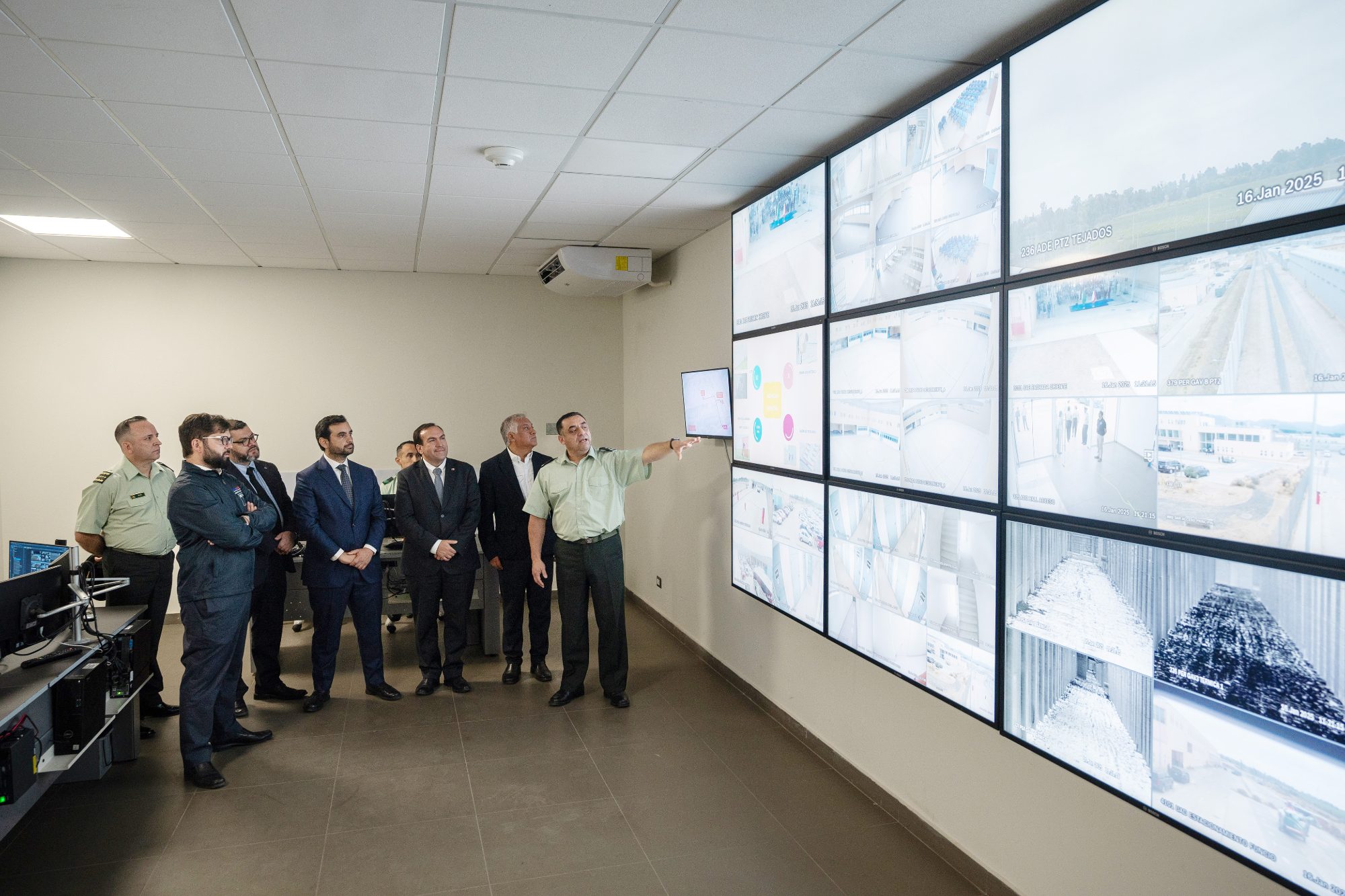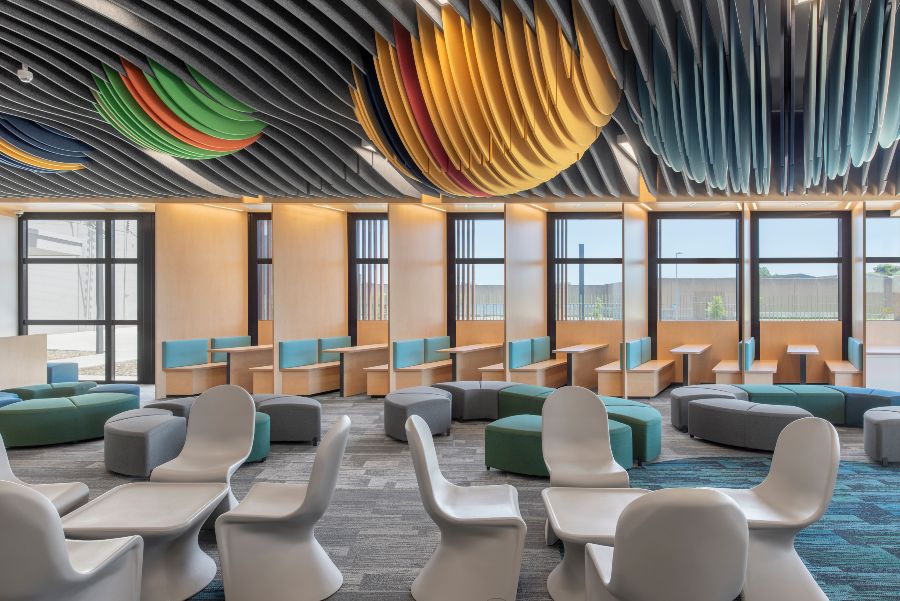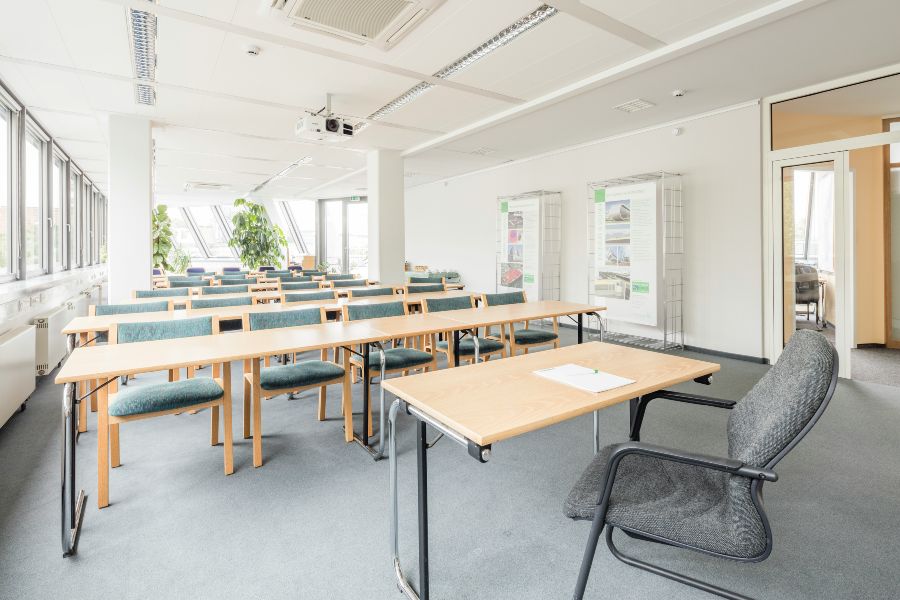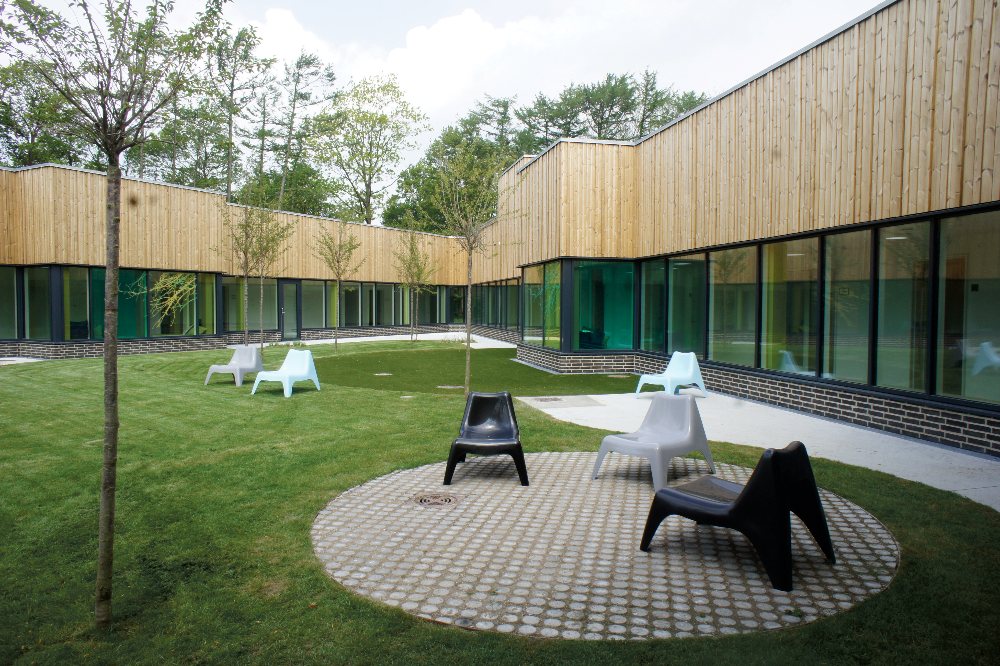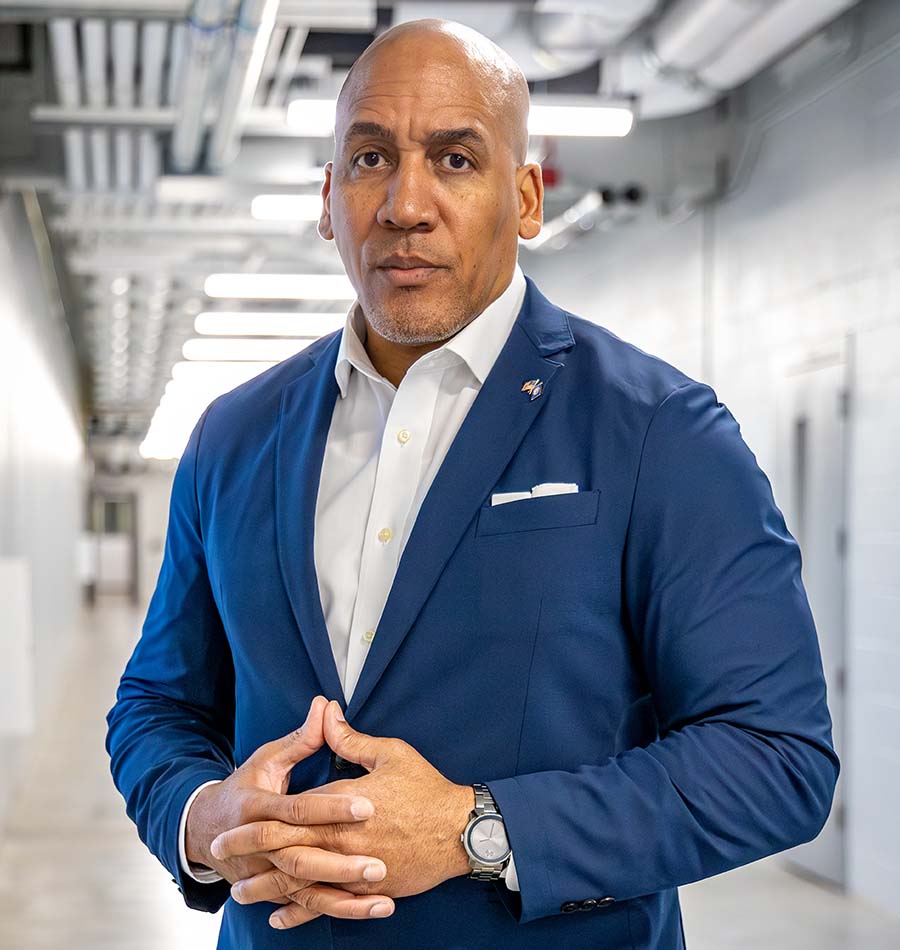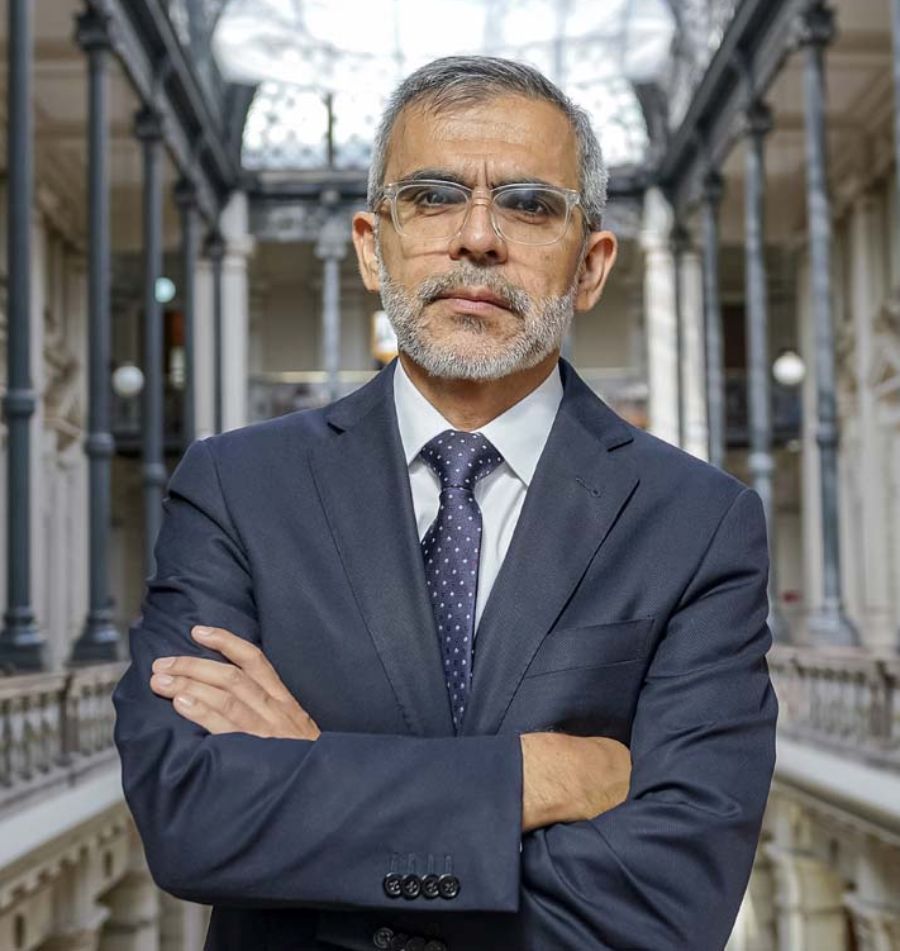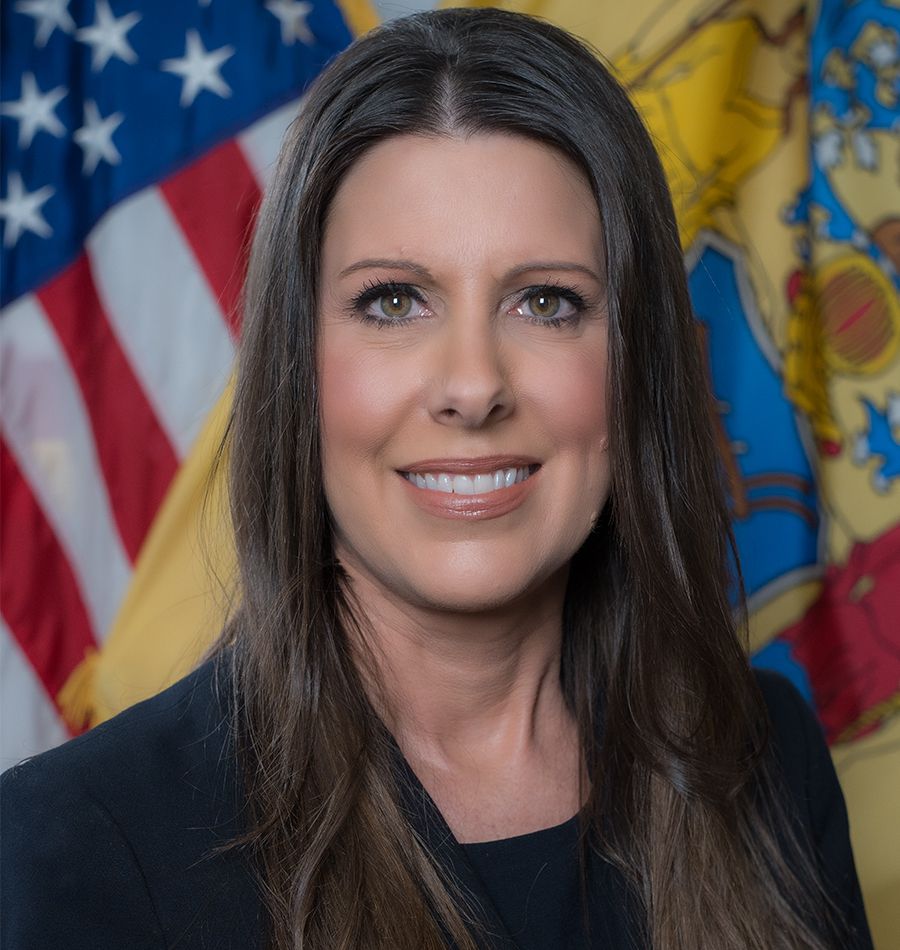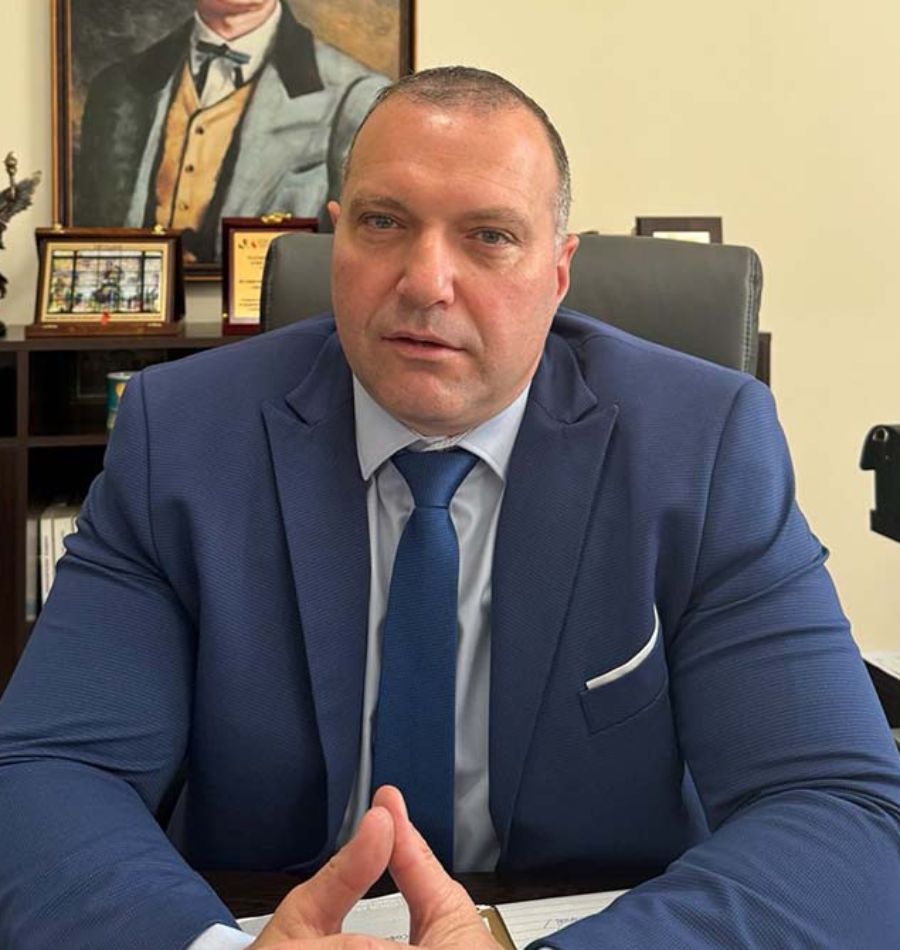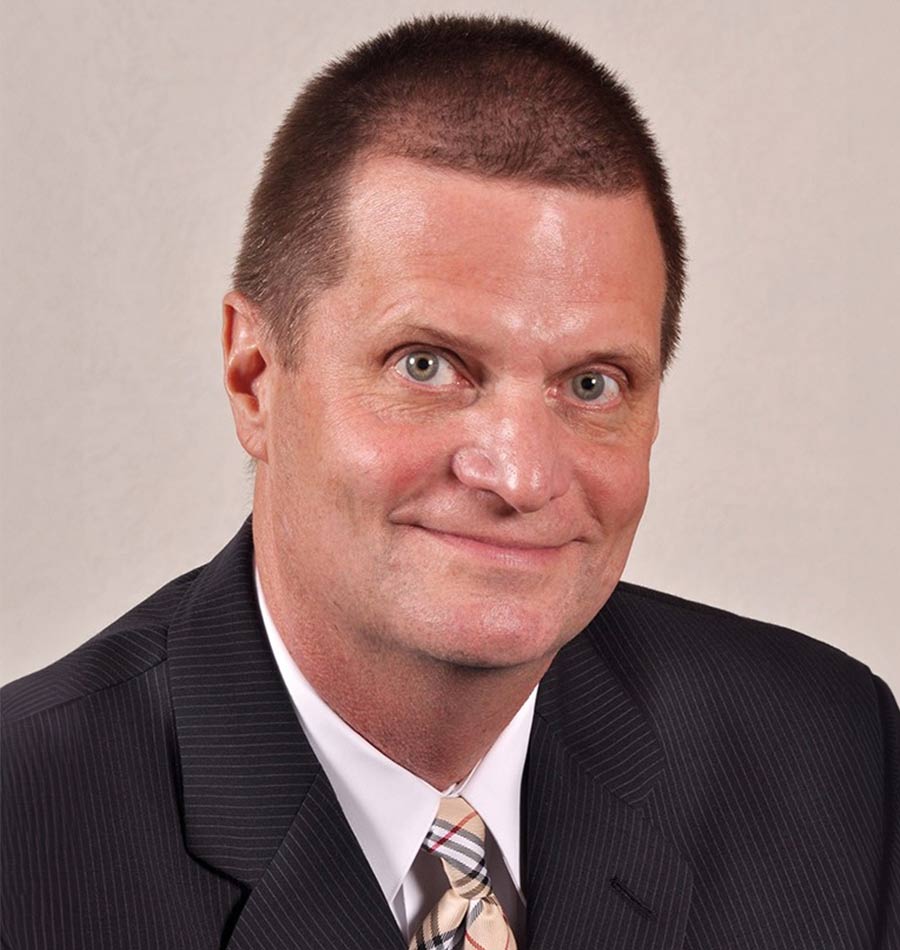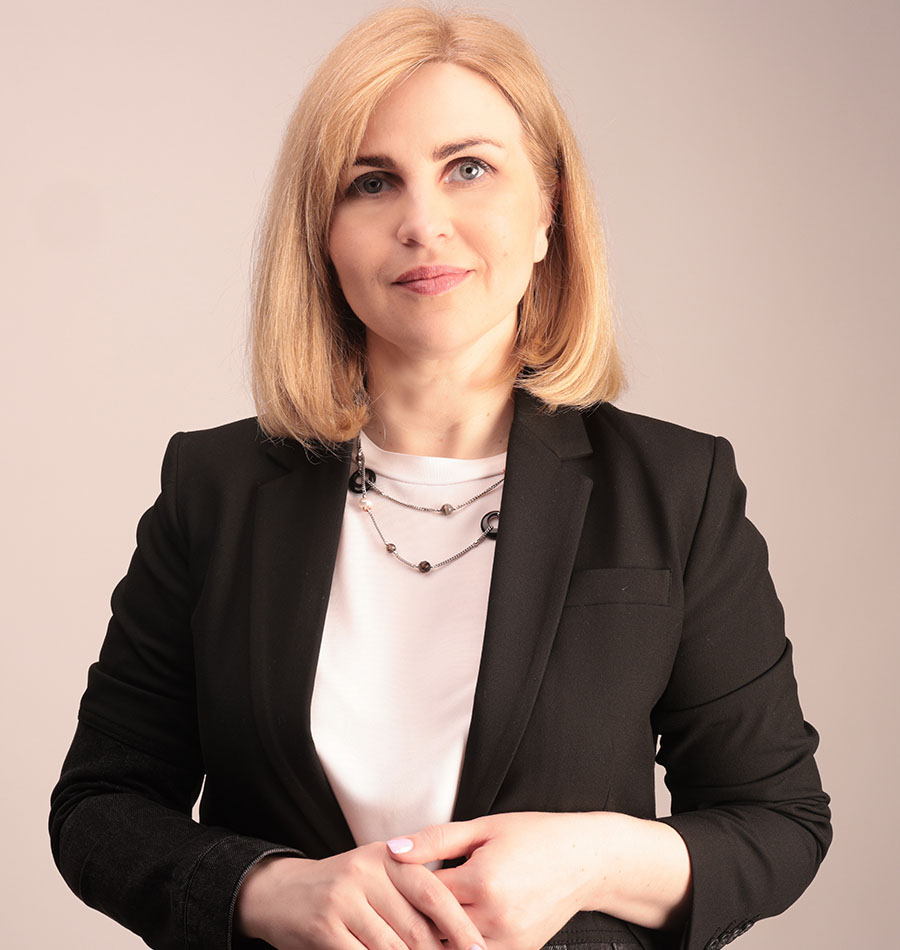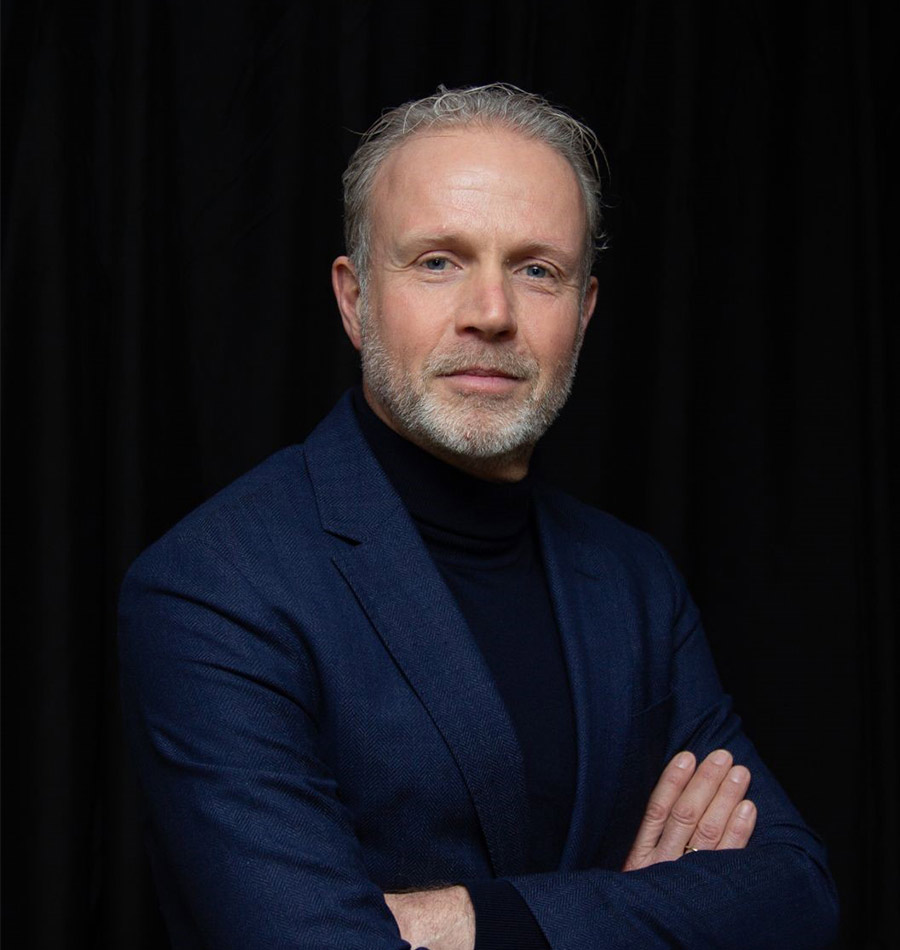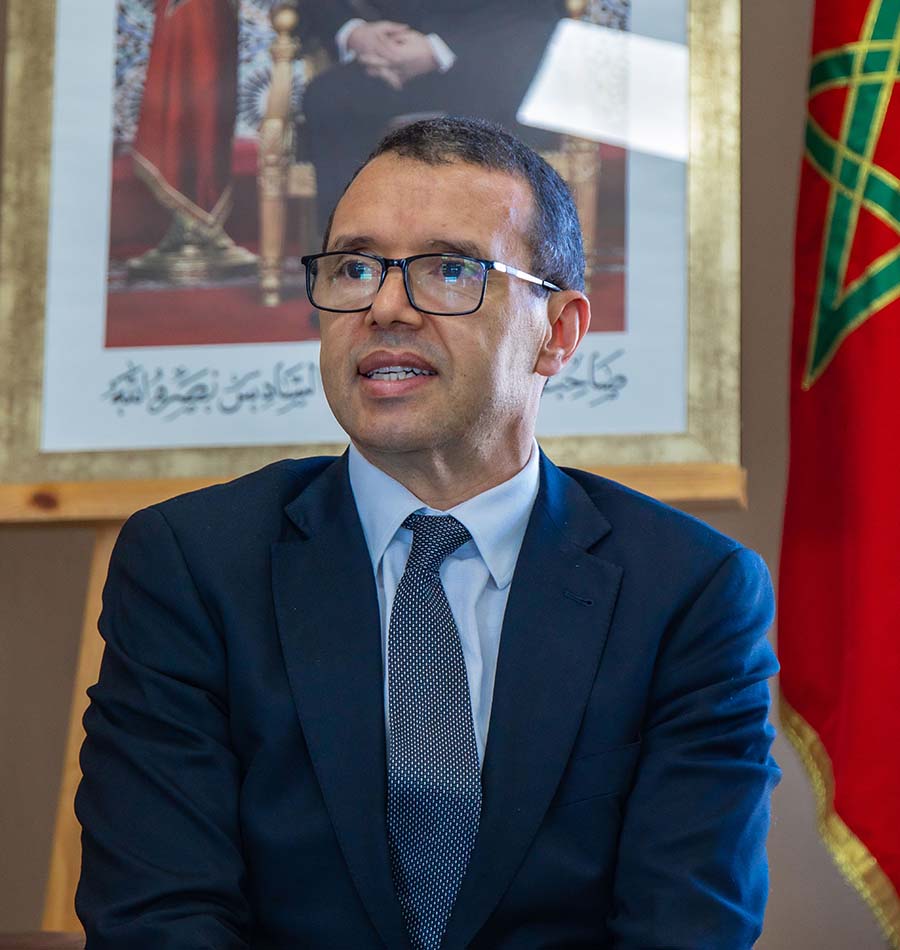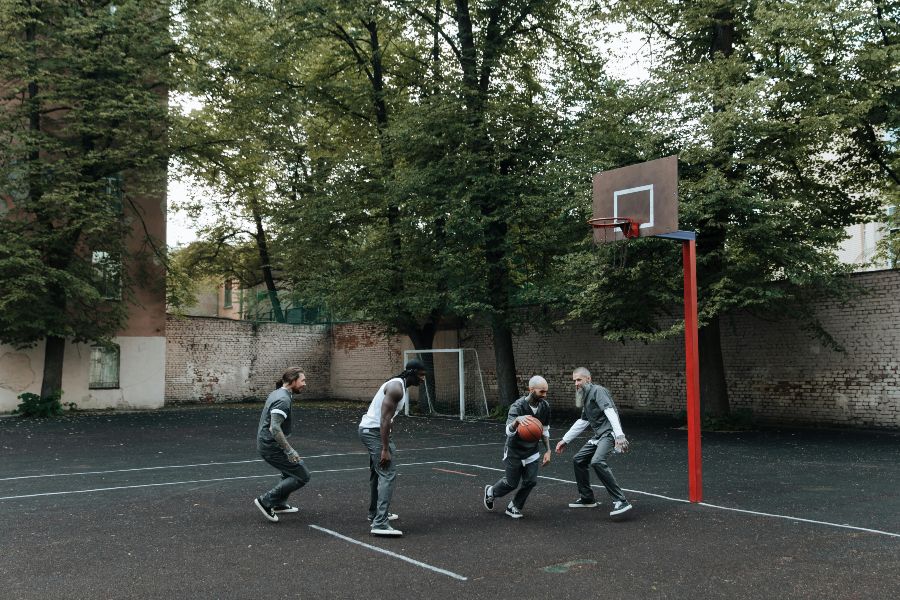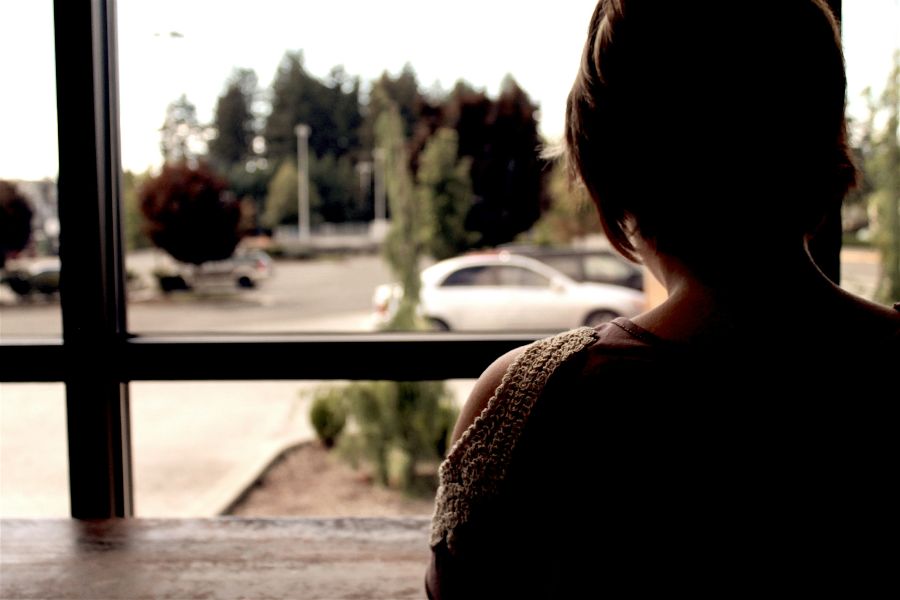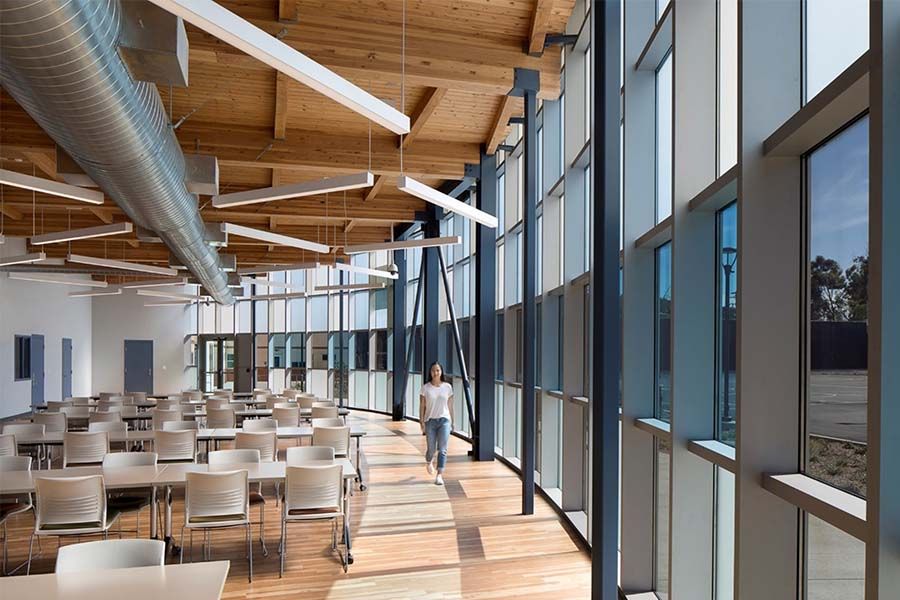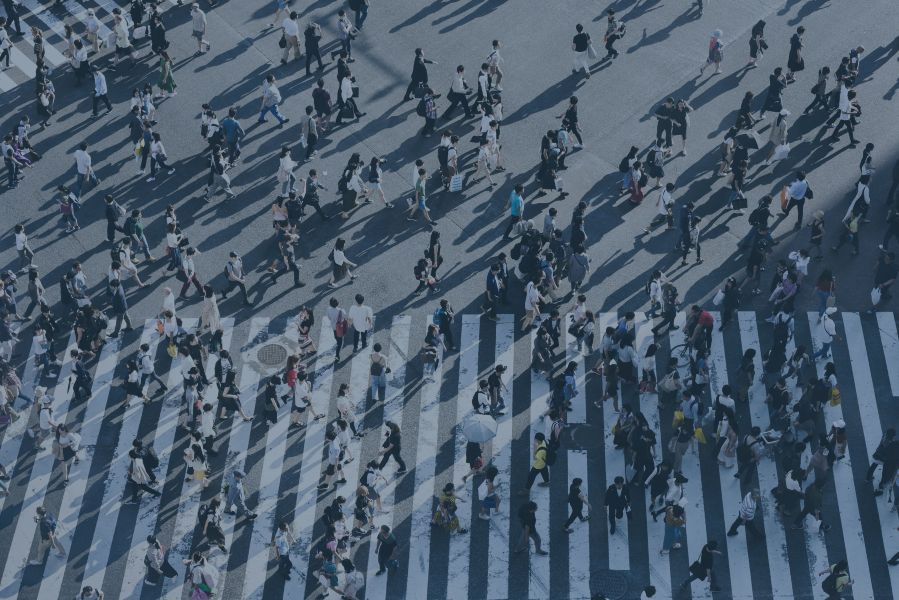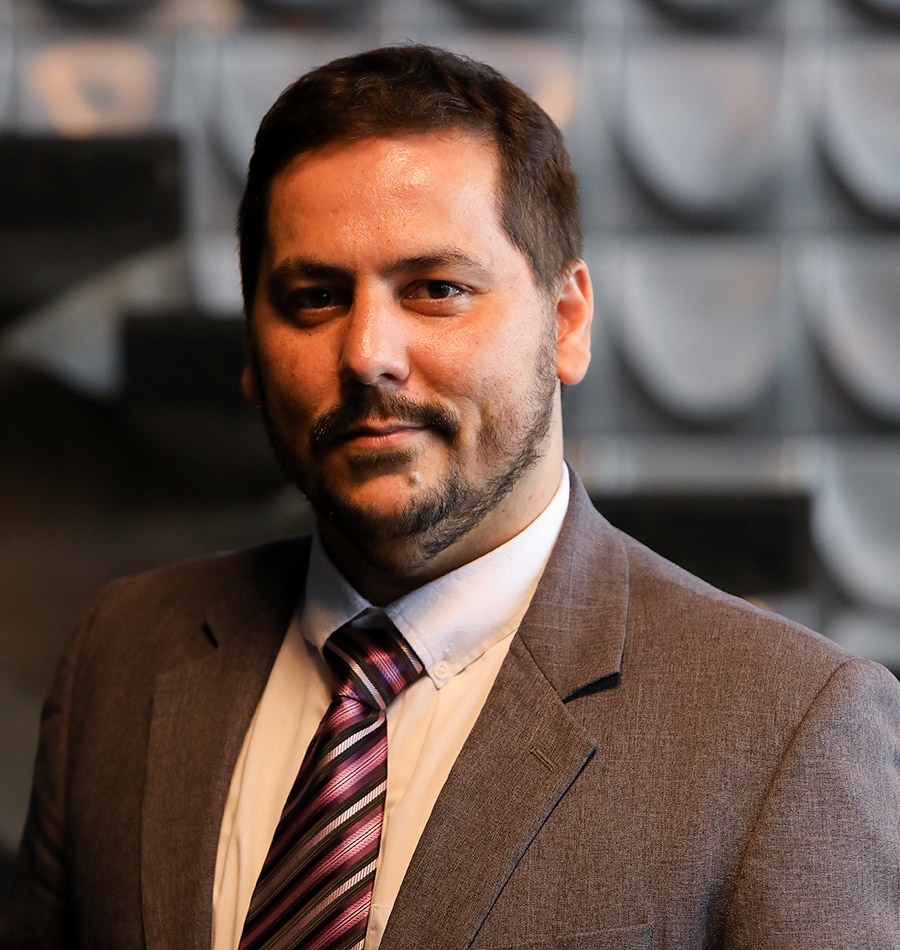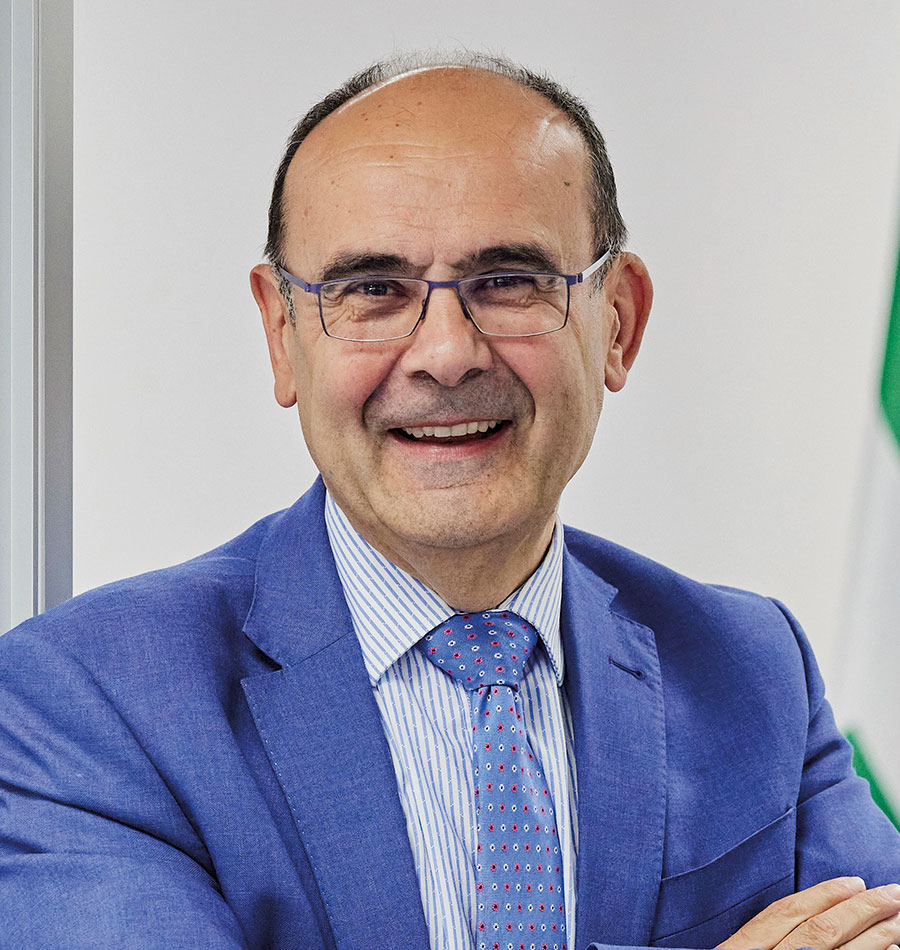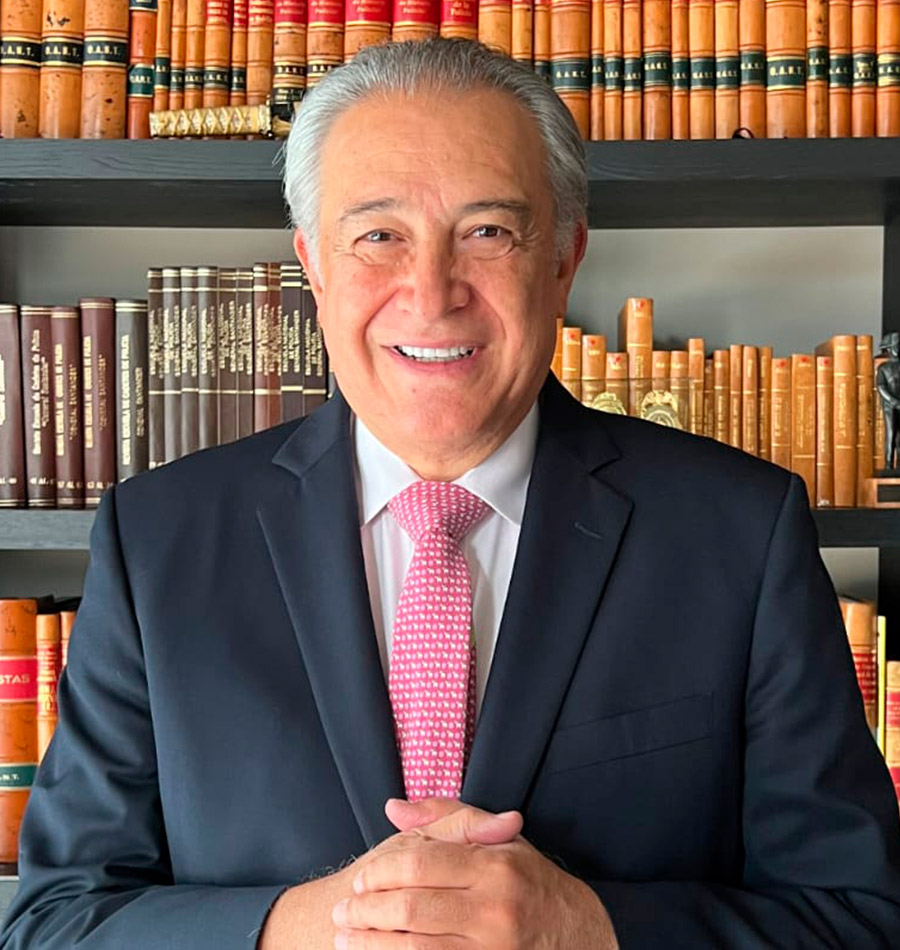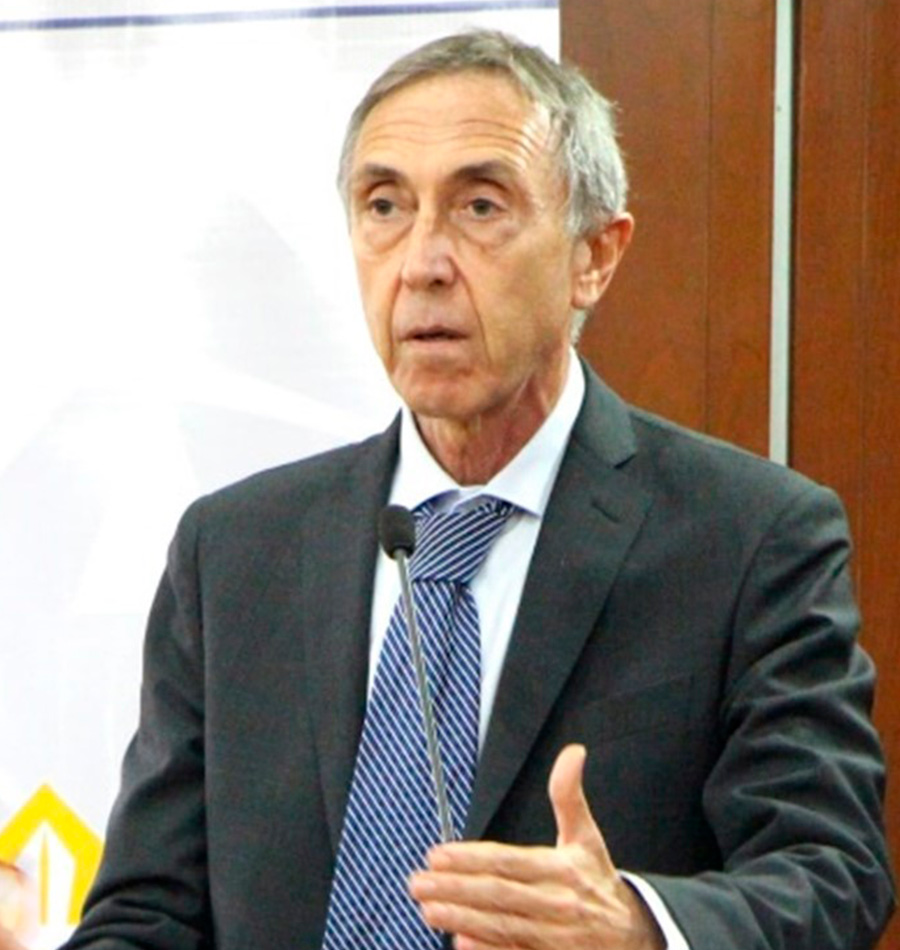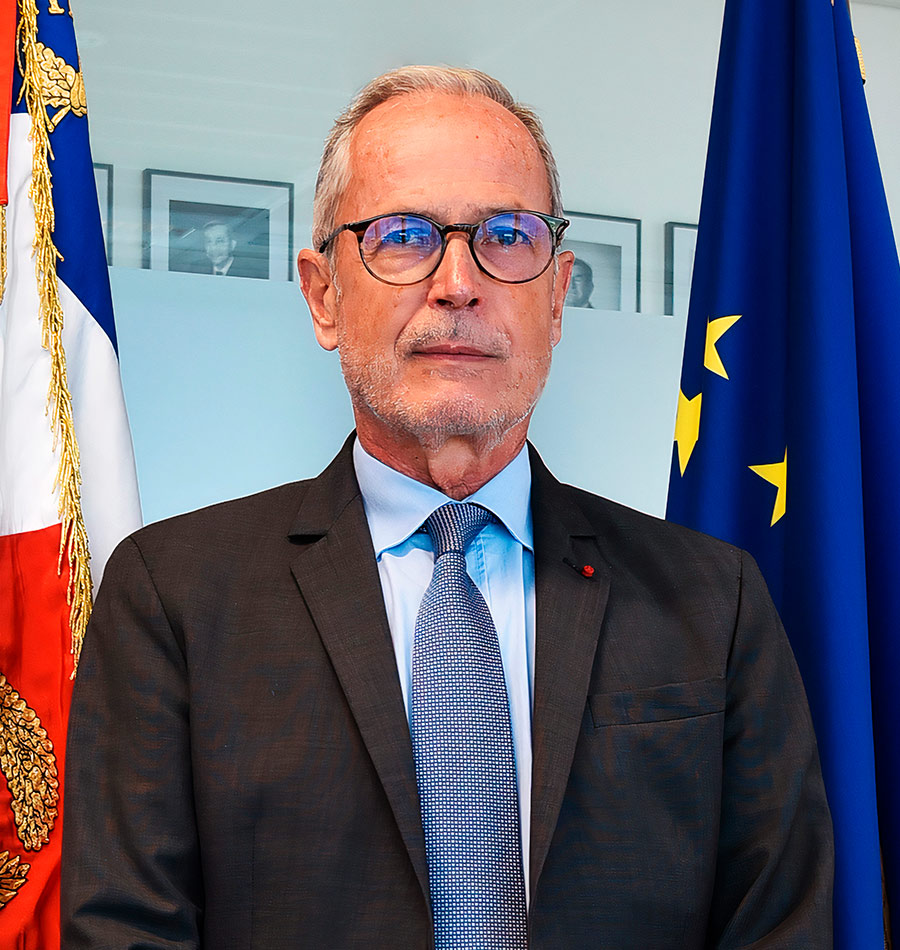Discover in this article how the Romanian Penitentiary Administration is modernising the prison system, transforming it into a catalyst for rehabilitation and successful social reintegration. Read More
All
Criminal Justice Reform
The design of correctional facilities shapes the daily experiences of both incarcerated individuals and staff, influencing rehabilitation, security, and operational efficiency. Beyond ensuring physical security, well-planned spaces for education, vocational training, and therapeutic programmes encourage engagement in constructive activities, ultimately reducing recidivism. In this edition, we explore how architecture, smart technologies, and alternative financing models are driving the evolution of modern prisons, featuring insights from correctional leaders and experts on creating environments that prioritise safety, rehabilitation, and long-term adaptability. Read More
Find out how the Singapore Prison Service (SPS) is redefining rehabilitation by integrating technology and fostering community partnerships, through its Corrections 2030 framework. Read More
This article by Simon Bonk and Tanja Sieme (Telio) examines the modernisation of correctional infrastructure, highlighting its importance and the key challenges faced by correctional institutions in implementing these advancements. Read More
Explore the impact of conditions of detention on international judicial cooperation in criminal matters. Read More
The prison system in Brazil struggles with overcrowding and poor infrastructure. Discover how the Ribeirão das Neves Prison Public-Private Partnership (PPP) is addressing this through an innovative approach. Read More
The location and design of penitentiary facilities shape rehabilitation and reintegration. Learn how the Catalan system incorporates these elements to support successful societal reintegration. Read More
In this article, learn how Chile’s Ministry of Justice and Human Rights' new Prison Policy strengthens the prison system through four pillars: reintegration, security, staff, and infrastructure. Read More
Explore advancements in prison design and the psychological impact of enhanced prison environments through the perspective of international stakeholders in the penitentiary sector. Read More
Examine the challenges and potential future developments in correctional infrastructure, gaining insights from international stakeholders in the penitentiary sector. Read More
In this article, author Sarah Spence deep dives into the importance of user-friendly software design in fostering an inclusive environment. Read More
Authors Sonia Bom and Jonas Hviid Mønster of Alex Poulsen Architects explore how Denmark's innovative prison architecture, grounded in normalisation, promotes wellbeing and supports reintegration through humane environments. Read More
Rob Jeffreys, President of the Correctional Leaders Association & Director of the Nebraska Department of Correctional Services, USA Read More
Luis Cordero Vega, Minister of Justice and Human Rights, Chile Read More
Holistic rehabilitation and modernisation in New Jersey: “Getting back to the basics of Corrections”
Victoria L. Kuhn, Commissioner of the New Jersey Department of Corrections, United States of America Read More
Ivaylo Yordanov, Chief Commissioner, General Directorate "Execution of Sentences", Bulgaria Read More
Larissa Strong, Commissioner of Corrections Victoria, Australia Read More
John May, Co-founder and President of Health through Walls Read More
Olena Vysotska, Deputy Minister of Justice of Ukraine Read More
Johan Bac, Director-General of the Dutch Probation Service Read More
Maria Rosa Nebel, Secretary of the Penitentiary Administration, Rio de de Janeiro, Brazil Read More
Younes Jabrane, Secretary General of the General Delegation for Prison Administration and Reintegration, Kingdom of Morocco Read More
Changing societal perspectives, technological advancements, environmental challenges, and other evolving factors are driving significant transformation in corrections. For this change to be successful, leaders must envision, embrace and head this transformation. Read More
Explore the challenges and opportunities of modernisation though the lens of international stakeholders in the penitentiary sector. Read More
Explore Dr Frank Porporino's insights on advancing beyond evidence-based practices to create truly rehabilitative experiences in correctional settings, emphasising holistic approaches and supportive cultures. Read More
This article by Dr Danielle Rudes analyses community corrections reform, arguing that successful reform hinges on gaining buy-in from those who implement it. Read More
Simon Bonk (Telio) argues that strong partnerships between vendors, jurisdictions, and other stakeholders are crucial for driving innovation and positive change in the corrections system. Read More
Read this piece by two leading experts in correctional facility design, sharing innovative approaches to transform prisons into environments that promote healing and rehabilitation. Read More
Discover the key insights from UNICRI's latest report, showcasing how digital technologies can transform prisoner rehabilitation. Read More
Learn how South Australia's innovative use of technology has led to record-low reoffending rates, and discover the impactful role of Unilink's Prisoner Self-Service kiosks. Read More
Uncover how the R2COM project is revolutionising post-release reintegration and radicalisation prevention in a piece featuring insights from project partners and participants. Read More
To address the underlying causes of criminal behaviour, rooted in socio-economic disparities, mental health issues, and systemic injustices, leaders have been challenged to look beyond the boundaries of their systems and institutions and actively engage with other agencies, policymakers, and the broader community. In this edition, we feature interviews with correctional leaders and articles by experts on transforming the system through upstream and downstream collaborations, policy reforms, digital technologies, and community engagement. Read More
MHS Public Safety explores how we can strengthen rehabilitation and reintegration by providing education, mental health support, and improved communication. Read More
Rafael Velasco Brandani, National Secretary for Penal Policies, Ministry of Justice and Public Security, Brazil Read More
Jaime Tapia, Advisor on penitentiary issues to the Basque Government Read More
General Óscar Naranjo Trujillo, Former Director General of the National Police and former Vice-President of Colombia Read More
Mauro Albuquerque, Secretary of Penitentiary Administration and Resocialization, State of Ceará, Brazil Read More
Paolo Di Sciuva, International Director of the EURESP project in Ecuador Read More
Laurent Ridel, Director of the Prison Administration, France Read More
Katja Meier, State Minister of Justice and for Democracy, Europe, and Gender Equality, Saxony, Germany Read More

